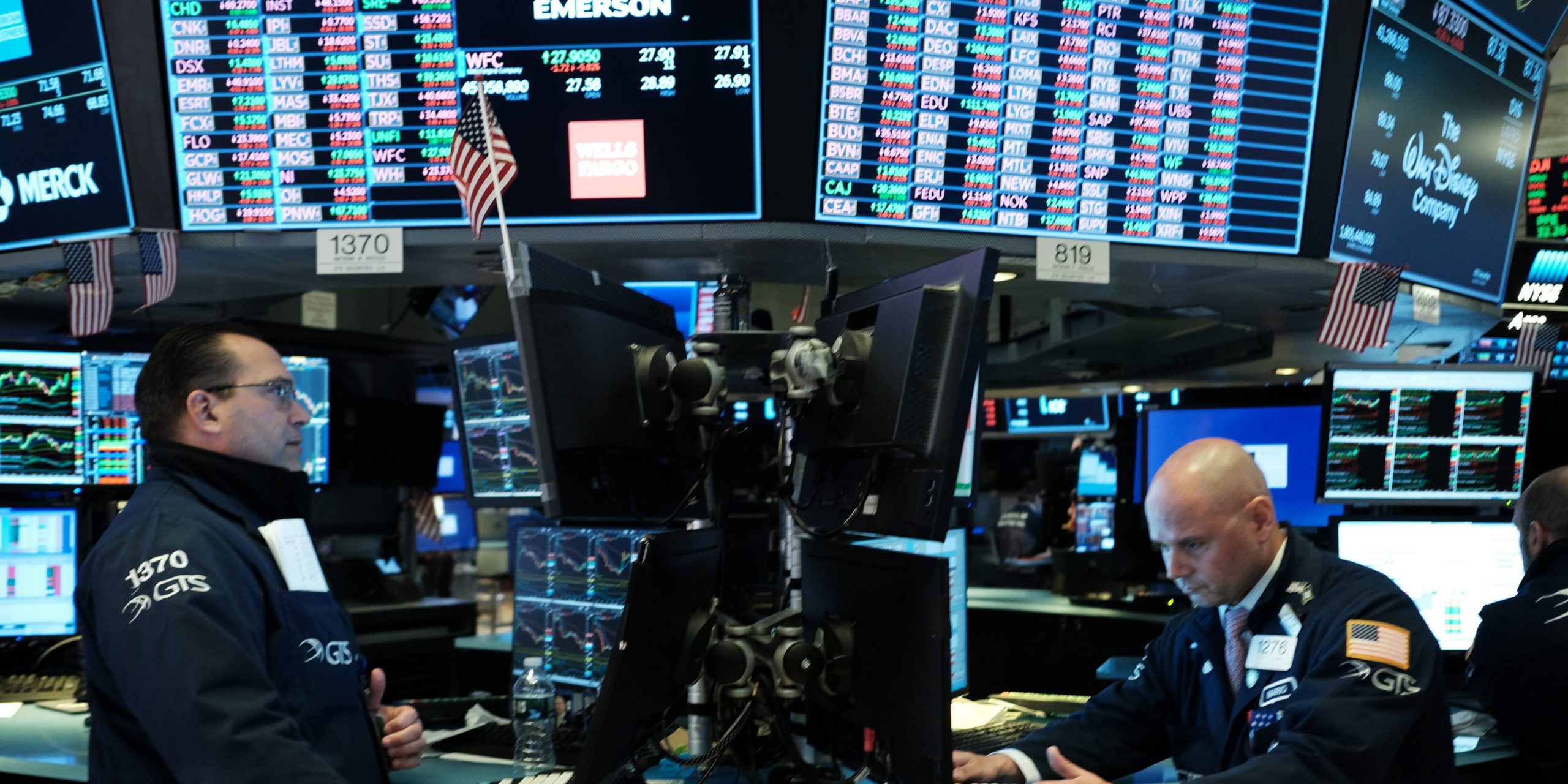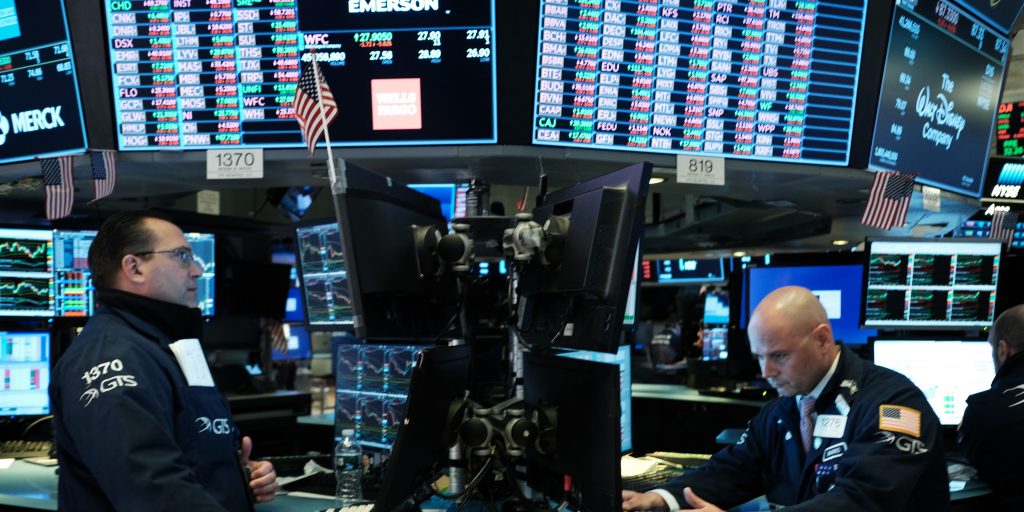
- A startup trading platform wants to let investors trade stocks 24 hours a day.
- Known as 24 Exchange, the platform is in the process of seeking SEC approval.
- The founder's vision of the stock market is similar to the way crypto currently trades.
- Sign up here for our daily newsletter, 10 Things Before the Opening Bell.
A startup trading platform wants to upend the traditional stock market cycle by proposing a 24-hour trading operation – including weekends and holidays – potentially altering the way investors have traded for decades.
24 Exchange is in the process of completing its application to the US Securities and Exchange Commission and has filed key parts of it with the regulator, including an application for a national stock-exchange license, The Wall Street Journal first reported. There is no guarantee the SEC will approve it.
The vision for the exchange was crafted by Dmitri Galinov, a 20-year electronic trading veteran, who worked at Credit Suisse and founded FastMatch, a foreign exchange trading venue.
"If there is big news over the weekend, you can try to trade, but you really can't," the founder and CEO told The Journal.
His vision for the stock market is very similar to the way cryptocurrencies currently trade.
Digital assets trade non-stop, with many of the biggest moves often happening over the weekend. In contrast, traditional stock trading operates from 9:30 am to 4:00 pm ET, Monday through Friday.
Galinov told The Journal his proposition would serve international traders who want to trade US shares. He also noted that demand for a 24-hour cycle has been on the rise, especially from individual investors.
Also part of his proposal to the US regulator is to trade fractional stocks in as little as 1/1000th of a share, he told The Journal, a feature Robinhood Markets and Fidelity Investments already offer.
His three-year-old startup, whose parent firm is based in Bermuda, currently offers foreign exchange and cryptocurrency trading.
The rapid rise of retail investors through the pandemic has been a huge force driving the stock market, enabled by commission-free trading applications, government stimulus checks, and pandemic boredom.

